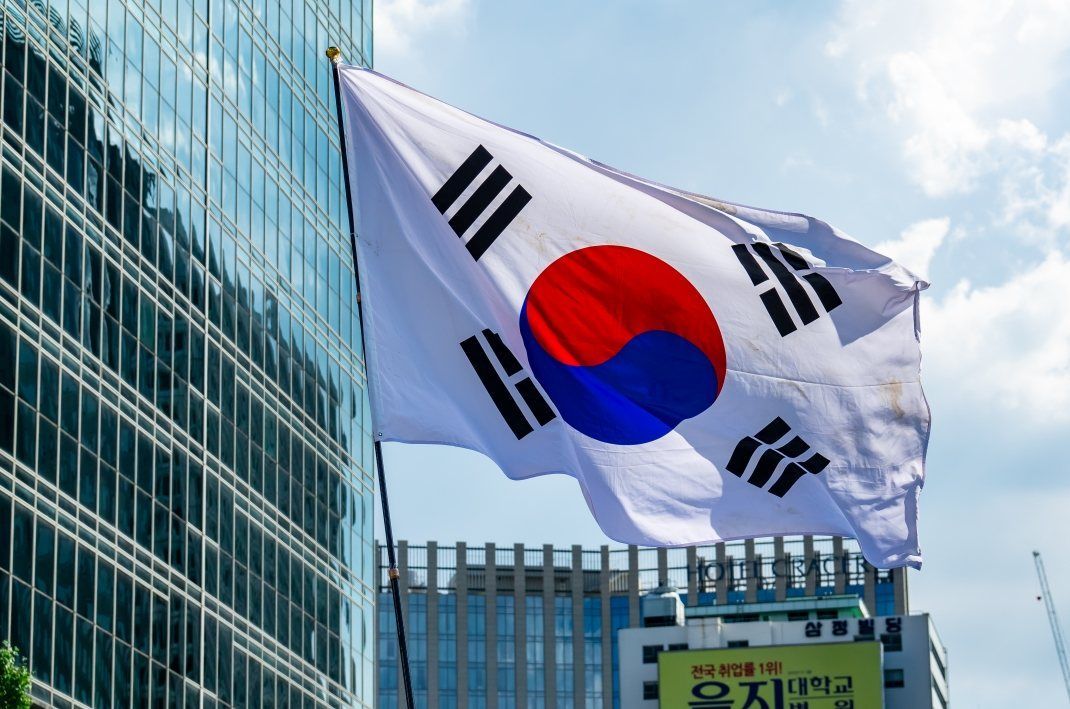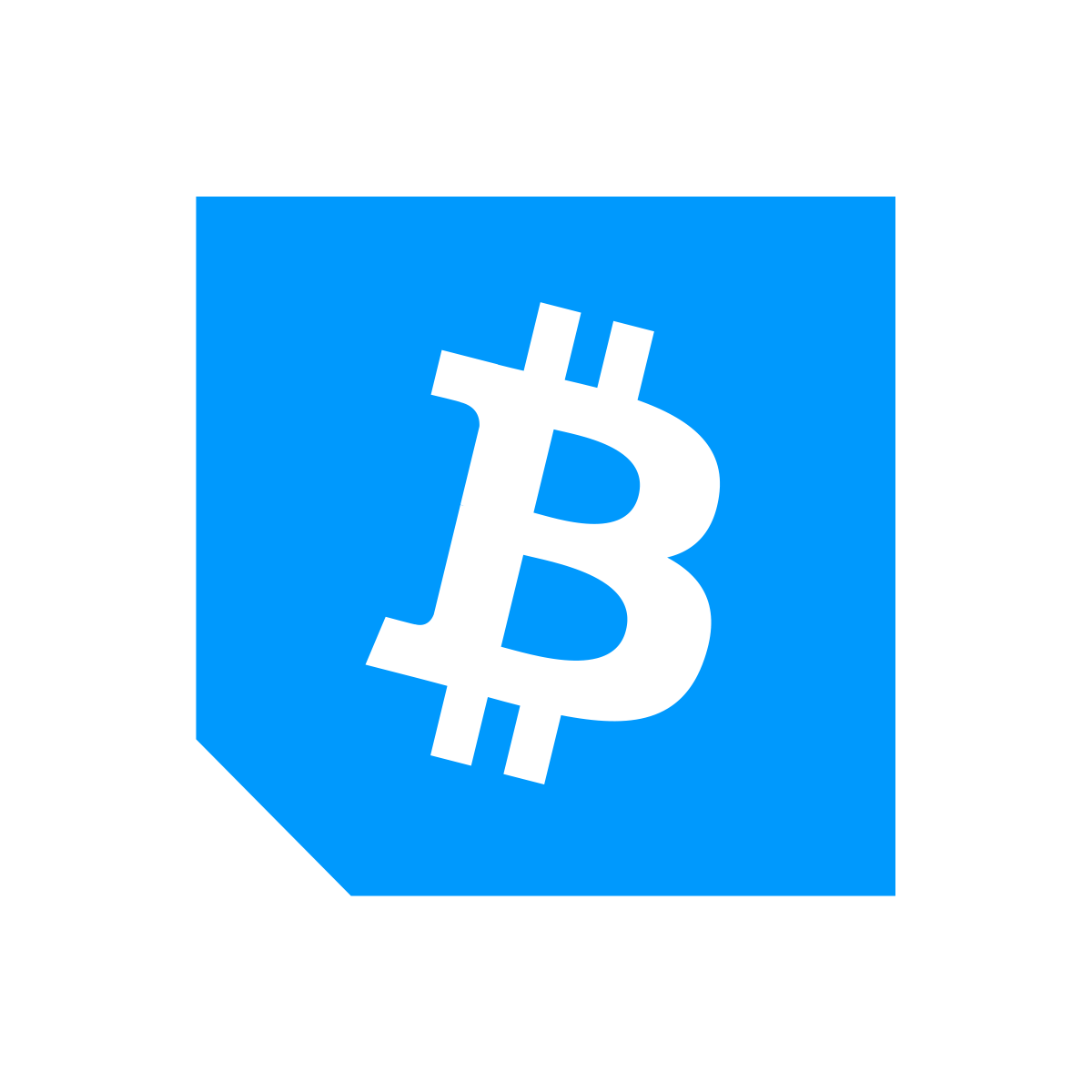Bank Of Korea Dives Into Crypto: Deposit Tokens Head To Public Chains
- Bitcoin Drops to $70,000. U.S. Government Refuses to Bail Out Market, End of Bull Market or Golden Pit?
- Gold rallies further beyond $5,050 amid flight to safety, dovish Fed expectations
- Bitcoin Bottom Debate: $70,000 or $50,000?
- A Crash After a Surge: Why Silver Lost 40% in a Week?
- Bitcoin Slips Below 75,000 Mark. Will Strategy Change Its Mind and Sell?
- Bitcoin Rout. Bridgewater Founder Dalio Publicly Backs Gold.

The Bank of Korea is moving ahead with plans to tie its own digital tokens to the wider crypto world. It wants to link a central‐bank deposit token to public blockchain networks. This push could reshape how money moves in South Korea and beyond.
Public Blockchain Connectivity
According to Deputy Governor Lee Jong-ryeol, the Bank of Korea is “considering a plan to link” its deposit tokens with public blockchain systems. He calls these tokens a “type of stablecoin,” backed by the central bank’s digital currency framework.
Lee made these remarks at the Blockchain Leaders Club event on Tuesday. He sees a chance for banks, businesses, and even individuals to use a state-issued token on networks like Ethereum or others.
The Bank of Korea plans to integrate deposit tokens on public #blockchain networks.
Deputy Governor Lee Jong-ryeol outlined the bank’s vision at the ‘Blockchain Leaders Club’ event on Tuesday. pic.twitter.com/z2fnkSeGMx
— Sachi (@sachi_gkp) May 27, 2025
Stablecoin Outflows Spark Concern
Based on reports, stablecoins accounted for about 47% of South Korea’s crypto outflows in Q1. That equals nearly 27 trillion won (USD $19.1 billion).
Traders in Seoul often use USDT and USDC because they hold steady in value. Lee warned that relying on foreign stablecoins could hurt the won’s role in the global market.
He said it could threaten monetary sovereignty, spur financial instability, and even help money laundering.
Rising Global Stablecoin Market
Stablecoins are flourishing on the global scene. Their entire market worth surpassed $230 billion in March 2025. The total stablecoin market value as of this writing is a little over $247 billion, up $3.537 billion in the previous week.
Those figures show how fast private issuers are growing. Lee noted that South Korea must act before foreign coins dominate local trading.

Crypto Industry And Political Push
Major exchanges like Bithumb, Coinone, and Korbit were at Tuesday’s event alongside regulators. Their presence underlines how crypto firms want a say in rules.
Meanwhile, opposition leader Lee Jae-myung has promised a won-backed stablecoin if he wins the presidency. He argues it could cut the 56.8 trillion won ($40.8 billion) crypto outflow and make local trading easier.
Other lawmakers, such as Min Byoung-dug of the Democratic Party, say South Korea must “take the lead in institutionalizing stablecoins” before US-pegged tokens take over.
Next Steps For Digital Won
Additional tests are planned by the Bank of Korea this year. It will look at how to keep tokens secure, maintain the privacy of users and comply with anti-money laundering regulations.
If those pilots go well, a business pilot could arrive by 2026. That would mean a huge shift in how money works in South Korea, possibly leading other countries to follow suit.
Featured image from Bloomberg, chart from TradingView
Read more
* The content presented above, whether from a third party or not, is considered as general advice only. This article should not be construed as containing investment advice, investment recommendations, an offer of or solicitation for any transactions in financial instruments.





